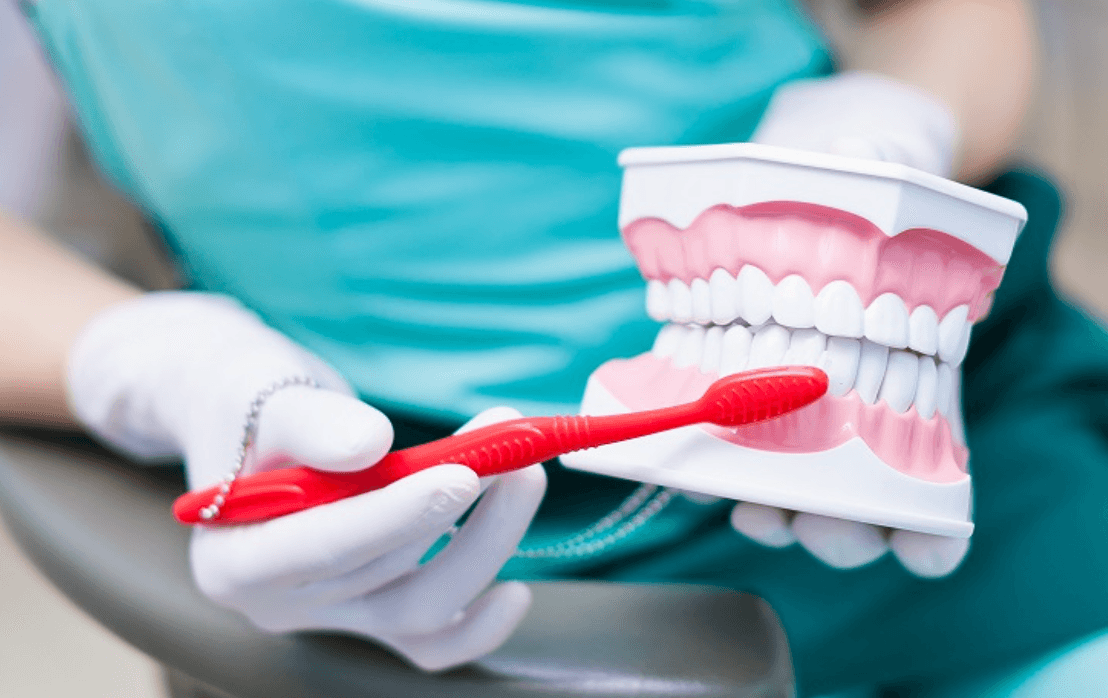Dr Gundry's TOP Foods for a HEALTHY Thyroid
The interplay between the microbiome and medications is complex and not fully understood as recently as when prescription drugs first emerged. With advancements in research, it's become evident that the microbiome can consume, alter, and influence the efficacy of medications.
Research suggests around 40% of prescription medications significantly affect the microbiome, which in turn can alter the medications' effectiveness. This interdependent relationship is crucial, especially considering medications such as antibiotics, which can deplete the microbiome's diversity for extended periods.
Antibiotics, while life-saving, can severely impact the microbiome. Studies indicate that antibiotics can reduce gut biodiversity to just a few species, a state that may last for up to two years.
- Incorporate a mix of probiotics and prebiotics during and after antibiotic treatment.
- Target diverse microbiome strains to support recovery.
Exposure to iodized salt has been critical in preventing hypothyroidism, an issue identified in the early 1900s. Since then, iodized salt became a staple, but the trend towards sea salt and Himalayan salt has led some to miss out on essential iodine.
To support optimal thyroid function, integrate iodized salt into your diet. Iodine deficiency can impair thyroid health, yet can often be addressed simply by utilizing iodized varieties.
Cruciferous vegetables, despite their health benefits, may suppress thyroid function if consumed excessively. Reducing these vegetables rather than eliminating them is advisable to maintain better thyroid activity.
Research from institutions such as Stanford reveals no significant difference in performance between athletes on plant-based diets versus those on animal-based diets. This challenges the perception that meat is essential for athletic success.
Key takeaway: balanced diets, rich in diverse plant and animal sources, provide sufficient nutrition for athletic performance.
Unusual spikes in triglycerides on a low-carb, high-fat diet like ketogenic diets may result from mobilizing fat stores rather than dietary consumption alone.
For those with fibromuscular dysplasia or other autoimmune challenges, adjustments in diet focusing on gut health, leaky gut symptoms, and overall dietary habits may offer supportive benefits.
From Around The Web
Wellness Inbox is a blog & weekly newsletter that curates trending news and products related to health and wellness from around the web. We also gather content from various sources, including leading health professionals, and deliver it directly to you.
Please note that we may receive compensation if you purchase any products featured in our newsletter. Wellness Inbox is not affiliated with, nor does it endorse, any health professionals whose content may appear in our newsletter. The information provided is for general informational purposes only and should not be considered medical advice.
The information provided is not intended to replace professional medical advice, diagnosis, or treatment. All content, including text, graphics, images, and information available is for general informational purposes only. We do not guarantee the accuracy or completeness of any information presented and assume no liability for any errors or omissions. The content is subject to change without notice. We encourage you to verify any information with other reliable sources and consult your physician regarding any medical conditions or treatments.







